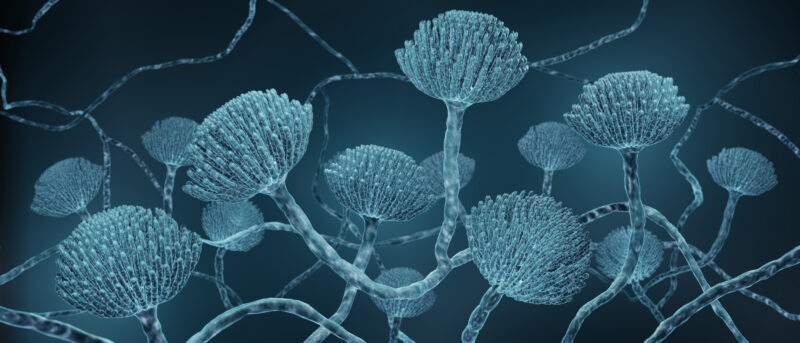The relationship between diet and longevity is a topic that has intrigued researchers, health enthusiasts, and individuals seeking a vibrant, extended life for centuries. While the quest for the fountain of youth may continue, science has uncovered a wealth of knowledge about the foods that can genuinely contribute to a longer and healthier lifespan.
The Power of Nutrient-Dense Foods
At the core of the diet-longevity connection is the concept of nutrient density. Nutrient-dense foods provide a rich array of essential vitamins, minerals, antioxidants, and other bioactive compounds that support overall health, protect against chronic diseases, and help slow the aging process.

Here are some key foods and dietary patterns associated with promoting longevity:
- Leafy Greens: Foods like kale, spinach, and Swiss chard are packed with vitamins, minerals, and antioxidants. They support heart health, reduce inflammation, and provide essential nutrients for overall well-being.
- Berries: Blueberries, strawberries, and other berries are rich in antioxidants known for their anti-aging properties. They may help protect against age-related cognitive decline.
- Fatty Fish: Salmon, mackerel, and sardines are abundant in omega-3 fatty acids, which support heart health, brain function, and reduce the risk of chronic diseases.
- Nuts and Seeds: Almonds, walnuts, flaxseeds, and chia seeds are excellent sources of healthy fats, fiber, and essential minerals. They support cardiovascular health and provide sustained energy.
- Whole Grains: Foods like quinoa, brown rice, and oats are high in fiber, which promotes digestive health and helps regulate blood sugar levels.
- Legumes: Beans, lentils, and chickpeas are rich in protein, fiber, and a variety of vitamins and minerals. They support heart health, weight management, and overall longevity.
- Herbs and Spices: Turmeric, garlic, ginger, and cinnamon have anti-inflammatory and antioxidant properties that can contribute to a longer, healthier life.
- Colorful Vegetables: Carrots, bell peppers, and tomatoes provide a diverse range of vitamins and antioxidants that support immune function and reduce the risk of chronic diseases.
- Tea: Green tea, in particular, is known for its rich content of catechins, which may protect against age-related decline and support cognitive function.
- Mediterranean Diet: This dietary pattern, characterized by an abundance of vegetables, fruits, whole grains, olive oil, and lean proteins like fish and poultry, is associated with a reduced risk of chronic diseases and increased lifespan.
The Role of Caloric Restriction
Another dietary approach that has captured the attention of longevity enthusiasts is caloric restriction. Reducing calorie intake without malnutrition has been shown to extend the lifespan in various organisms. While the effects of caloric restriction in humans are still under study, some practitioners adopt intermittent fasting or calorie-restricted diets as potential strategies for promoting longevity.
“Moderation and variety in your food choices are key to ensuring you get a wide range of essential nutrients.”
Remember, Balance is Key
While these foods and dietary patterns are associated with longevity, it’s essential to maintain a balanced diet that meets your individual nutritional needs. Moderation and variety in your food choices are key to ensuring you get a wide range of essential nutrients.
Consulting a Nutrition Professional
If you’re interested in tailoring your diet to promote longevity, consider consulting a registered dietitian or nutritionist. They can provide personalized guidance, help you create a balanced meal plan, and ensure you meet your nutritional requirements while aligning with your longevity goals.
Are you Aware of Your Potential?
The relationship between diet and longevity is a fascinating field of study that continues to evolve. By incorporating nutrient-dense foods and healthy dietary patterns into your life, you can make a significant impact on your health and potentially extend your lifespan. As you explore the connection between what you eat and how long you live, you’re embarking on a journey to a longer, healthier life filled with vitality and well-being.





